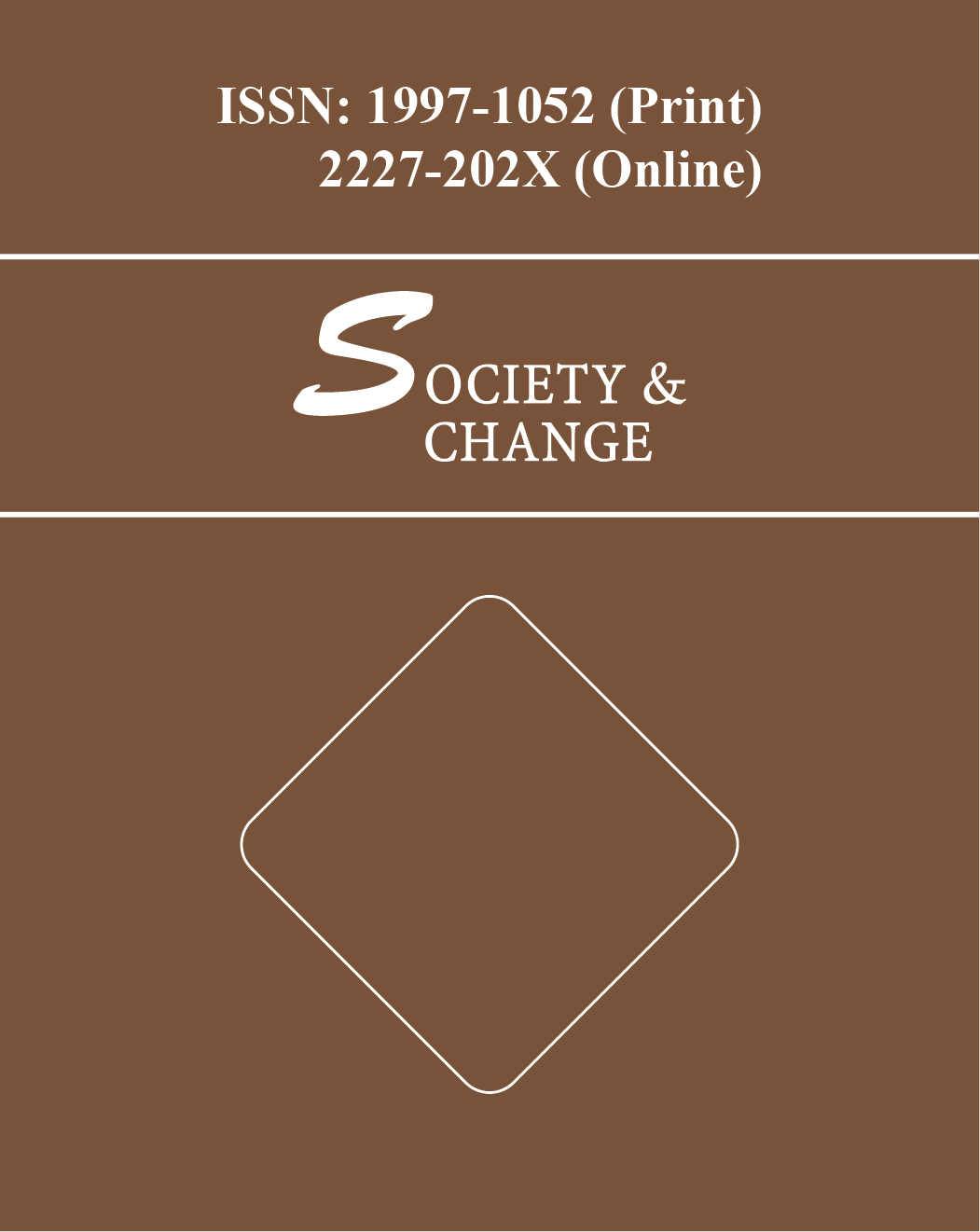Population and development have become an important concern through forming right policy and its implementation to seek a way to achieve sustainable development with population, economy, society, resources and environment all in a harmony. Therefore policy should be time-demand based and appropriate in nature. In this respect the population policy in the P.R. China have been evolved through times since its foundation in 1949.But since the 1970s the policy has been turned into a new form in relates to fertility which is a remarkable example in Asia as well as in the whole world to deal with the problem of population treating rapid population growth as a major constraint in a more scientific manner and attitude where strong political orientations or commitments have been prevailed and continued till now. No doubt existing population policy -widely known as one child policy in family planning is very successful and earned as a focal point of discussion to policy planners, academicians and others having criticisms where both fame and constraints are reflected. The total population keeps on increasing; the size of family shrinking; imbalances in the sex ratio is widening, the aging of people are accelerating; more labor force shifting are from agricultural to non-agricultural sectors; migrating population are growing; unemployment rate is becoming an important feature; education level, employment structure and makeup of ethnic groups are changing. In this respect this paper has made an attempt to review the development of population policies with the consequences in the P.R. China from the perspective of fertility, which have been formulated since last 50 years. No doubt evaluation of the policies in a scientific manner will help the policy makers to take appropriate measures to combat present and future dilemmas of population successively in the 21st century based on the long-term socio- economic development plan.



 Additional Indexing
Additional Indexing